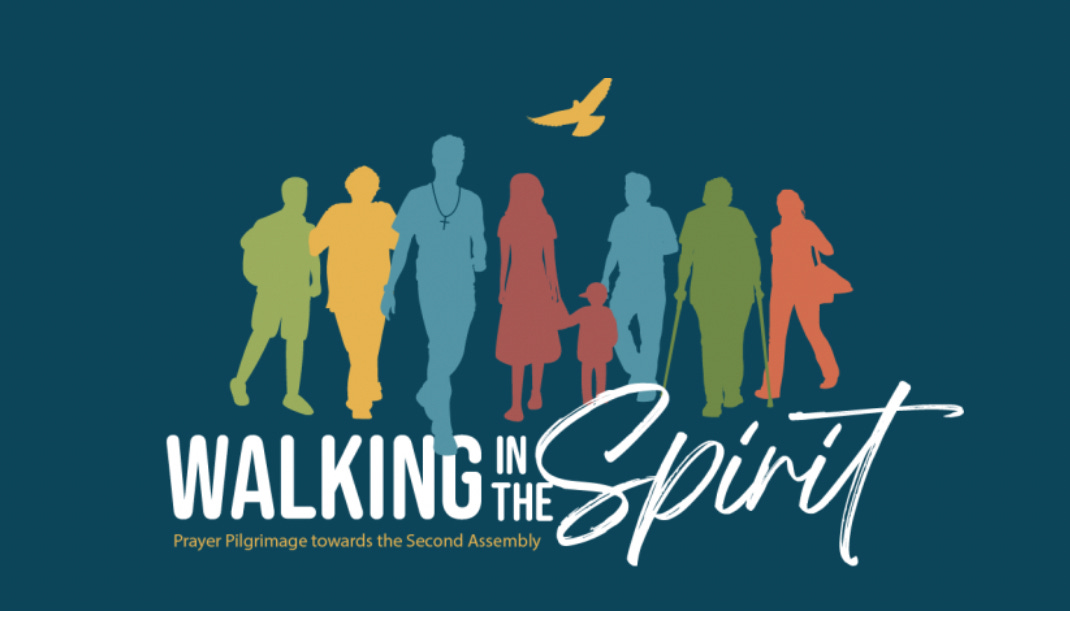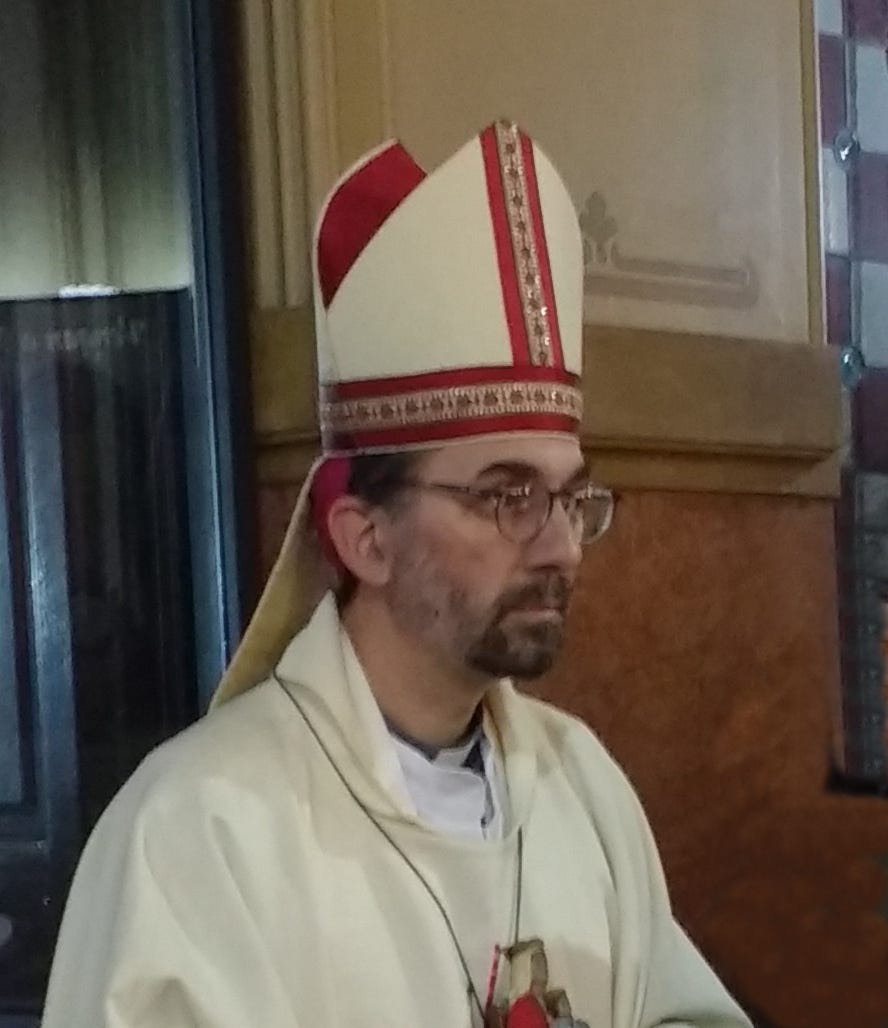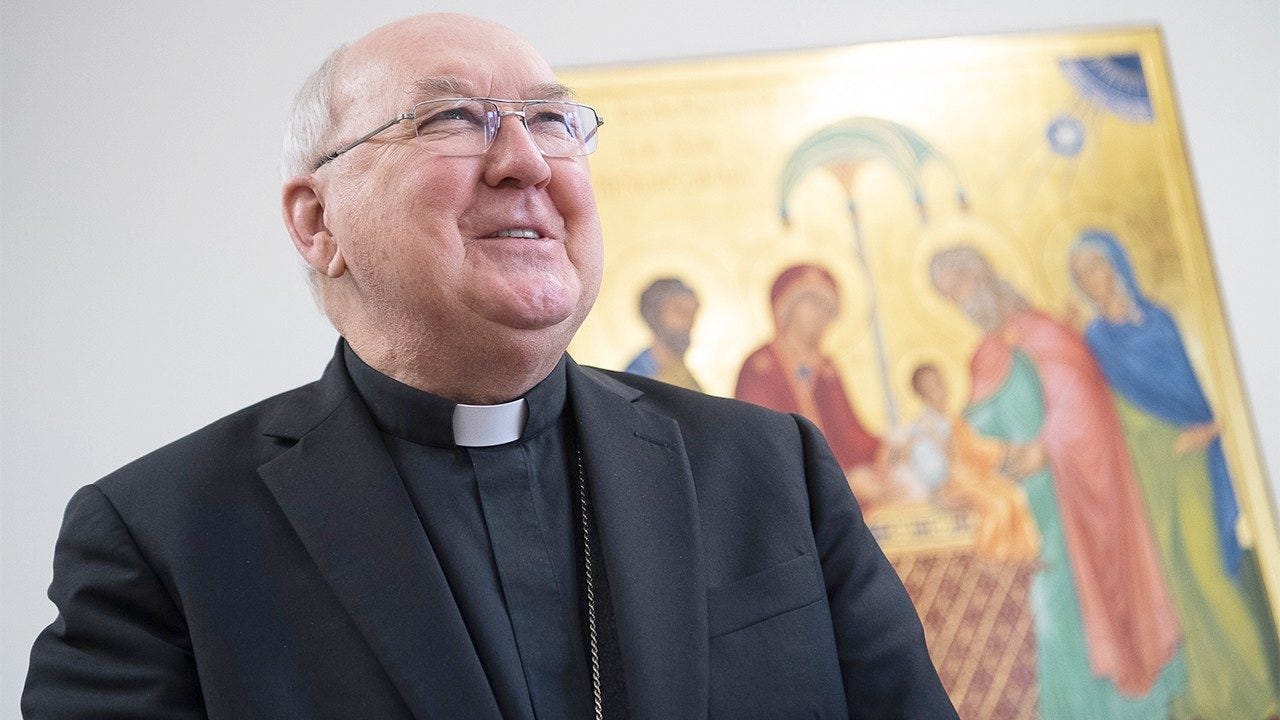Draft proposals circulated by officials of a plenary council underway in Australia include a call to increase lay participation in Church life and governance, in part by petitioning the Vatican to allow lay people to preach the homily in Mass.
Proposed measures also include a call to more frequent use of a communal form of the sacrament of penance, despite strict canonical limitations of its use.
If adopted by the plenary council, those proposals would see the Church in Australia asking the Vatican for dispensations from canon law governing the liturgical discipline of the universal Latin Church.
The proposals are contained in “Plenary Council Framework for Motions,” a document from by the council’s drafting committee, written for circulation this week among the council’s membership ahead of its second general assembly, to be held July 4-9.
The text contains draft motions to be considered for a vote, drawn from the discussion at previous gatherings of the council’s lay and clerical participants.
The committee is composed of both bishops and lay experts.
The text, obtained by The Pillar, lays out prepared texts, statements of resolution, and motions for consideration at the council across eight areas of Church life, including healing historical injustices and moral failures by the Church, sacramental life, ecclesiastical governance, formation, and mission.
Quoting from the 2007 Aparecida document produced by the bishops of Latin America, the framework proposes that the plenary council affirm that “we need to move ‘from a pastoral ministry of mere conservation to a decidedly missionary pastoral ministry.’”
While much of the text is unlikely to cause controversy, it floats some ideas likely to prompt disagreement among Australian Catholics.
One part of the framework says the Church should separate sacramental power from administration and governance in Church life when possible, and a draft motion proposes that the council commit the Church in Australia to “considering women for ministry as deacon should Pope Francis authorise such ministry.”
Noting “concern” about “the state of preaching in the Church in Australia,” a draft motion proposes requesting a dispensation from the Vatican that would allow laypeople to preach homilies during Mass — a form of preaching limited by canon law to priests or deacons.
That proposal comes amid a broader call that “the Australian Catholic Bishops’ Conference establish provisions and guidelines for lay people to participate in a formal ministry of Preaching, as provided for in canon 766 of the Code of Canon Law,” which allows lay people to preach in churches or oratories “when necessity requires it” or in specific cases.
Draft measures also urge that Pope Francis be asked to allow wider use of general absolution in the sacrament of penance “on occasions when it is particularly appropriate” and with the expectation of “an understanding among the faithful of its distinctive nature and requirements.”
The “third form” of the rite of penance, called for by a motion in the text, provides for the general absolution of an entire group of penitents at once, act a general act of contrition.
Canon law states that general absolution cannot be imparted except when “danger of death is imminent” or in carefully defined cases of “grave necessity.”
Individual confession and absolution is the “only ordinary means” by which the sacrament can be imparted, canon law explains.
Proposed draft measures would also call for the Church to officially recognize the need for liturgical and Scriptural translations to use “inclusive language.”
Proposed measures in the text less likely to cause disagreement focus on the call to “missionary discipleship” and a renewed “baptismal identity” in Australia.
The framework also suggests that the council encourage bishops to foster greater appreciation for the Eucharist, ahead of their bid to host the 2028 World Eucharistic Congress, including by “committing to planning and promoting communal public events that focus on the Eucharist, in service of forming Catholic belief, culture and identity.”
During the first plenary assembly, held last October, the framework notes that council members devoted time to “thinking of and praying for people who have experienced marginalisation within the Church,” especially indigenous peoples, “women, those divorced, those who identify as LGBTIQA+, and those who have suffered abuse of any form,” and proposes the council express its “profound sorrow to those who have been hurt through an encounter with the Church.”
At the same time, the framework affirms the need to better educate the faithful to serve as missionary witnesses to the truth of Church teaching on a range of pastorally sensitive issues.
On those issues, the framework calls for the development of “a long‐term plan to evangelise the community and catechise the faithful on the sanctity of life, the nature of the human person, sexuality, marriage and family; for the support of people to live healthy sexual and marital lives; and for proclamation of the Gospel through Catholic engagement in the public arena and contribution to public debate on issues relating to human sexuality and marriage.”
In pursuit of that aim, proposals suggest that the council should commit to “a culture of synodality for parishes and dioceses,” to foster a relationship between the clergy and laity which recognizes the “different but complementary charisms and opportunities for co‐responsibility,” and “consultative and collaborative approaches to governance at all levels in the Church.
The framework includes proposals that the collaborative style of governance should rely on existing canonical structures, including finance committees, pastoral councils, and other bodies already established at the diocesan and parochial level.
Particular emphasis is given in the framework to recognizing the equal dignity of women in the Church.
“Today, though some women are content with their role in the Church, the attention of the Plenary Council has been drawn frequently to the task that remains, especially regarding women’s participation in leadership and governance structures,” the document says.
“Authentic witness to the equal dignity of all baptised persons requires addressing issues of power imbalance, decision making, authority, and agency.”
The framework includes proposed motions to address those issues, including by ensuring greater representation of women at every level of Church governance, national, diocesan, and parochial.
Discussing the principle of synodality, the framework notes that Pope Francis has often spoken against “a culture of clericalism that promotes privilege and enables abuse of power,” and stressed that such a clerical culture “can prove especially divisive if sacramental power is too closely identified with power in general.”
Draft measures propose that the plenary council commit itself to the principle that “that decision‐making is not confined to those who exercise sacramental power” and that since “decision‐making authority in the Church is most often exercised by men, there should be careful attention to the voices of women when considering all matters.”
The bishops of Australia announced the plenary council, the first in Australia since the 1930s, in 2018.
A plenary council is a regional meeting — one for all the territory of a bishops’ conference — that, according to the Church’s canon law, meets to discuss “the increase of the faith, the organization of common pastoral action, and the regulation of morals and of the common ecclesiastical discipline which is to be observed, promoted, and protected.” It can only be convoked by a conference of bishops, with the permission of the Vatican.
Like a synod, plenary councils often involve the attendance of various kinds of experts, both lay and clerical, although only the serving diocesan bishops, auxiliary bishops, and coadjutor bishops of the territory have a deliberative vote on proceedings.
Unlike a synod, which is a purely consultative process, a plenary council can set binding canonical norms for the whole region on anything that doesn’t contradict the universal law of the Church, or the divine and natural law - though its decisions are subject to Vatican review.
The second General Assembly of the council is set to meet in the first week of July, and the final acts of the council are expected to be ready to be sent to Rome for ratification by August.
There are nearly 5.5 million Catholics in Australia, which is the country’s largest Christian denomination, and constitutes almost a quarter of the country’s population.
A 2016 study found that fewer than 12% of Australia’s Catholics attend Mass on a typical weekend. The same study found that a growing share of Mass attendees in Australia were immigrants to the country, with fewer than 10% of Australian-born Catholics typically attending Mass. More than 40% of Mass attendees in 2016 were at least 65, the study found.
Ed. note: This report was edited shortly after publication to better clarify that proposals circulated by the drafting committee were formulated in response to previous meetings of the council participants.




